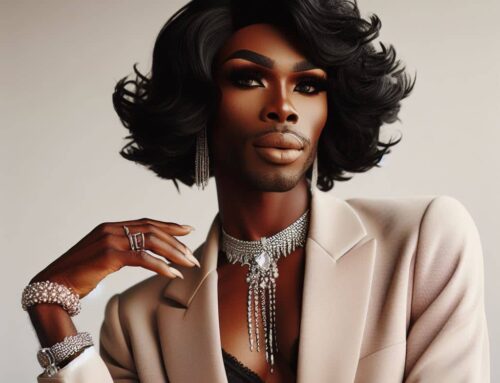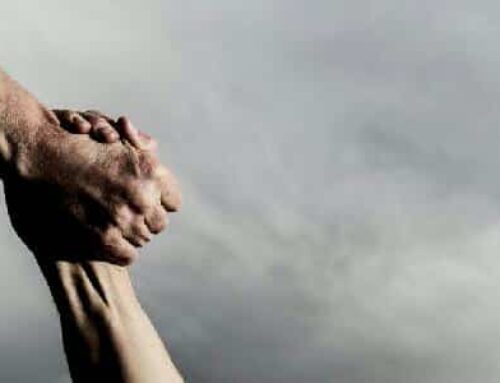 If like me, you are interested in humanity and how we interact and connect, then you may as I do look at the natural world and see such sights as dolphins and whales in huge super pods, I’m sure I’m not alone in wondering how they coexist and get along for the most part in complex societies and extended families.
If like me, you are interested in humanity and how we interact and connect, then you may as I do look at the natural world and see such sights as dolphins and whales in huge super pods, I’m sure I’m not alone in wondering how they coexist and get along for the most part in complex societies and extended families.
If you watch any wildlife documentary or scientific study of other species, then the one thing that is evident, even if not fully understood, is the variety of behaviours and sounds which more than likely contribute to how they communicate. It’s not always understood how different species communicate, but there is little doubt that they do.
Communication is the single most important skill in the natural world, necessary for every aspect of life and to meet social needs. For humanity, we have been communicating with each other since the beginning of our arrival into this world. At first grunts and gestures, much like some animals we can observe in the wild.
For the most part we as a species, at least in terms of our understanding have evolved into great communicators, we are capable of extraordinary language and communication skills and behaviours, right?
So with thousands of years of practice and refinement, why is that our efforts to communicate sometimes render our language as difficult to understand as the babbling, bubbling sounds a new born may make?
How can we be so effective communicators and subsequently get it so wrong, or do we? I believe that we are actually very good at communicating, this also means that when we are hurting or upset, we communicate it very effectively, not always in a way which encourages a positive engagement.
Who we learn our communication skills from has a massive influence on our effectiveness to communicate. Some of the ways we communicate need to be unlearned, very few people need to add to their communication tool box, but many of us could do with dropping some of the ineffective ways we express ourselves.
We only have to look at our communicative skills in our own relationships, families and in our social groups to see that we consistently get things wrong, as I said earlier, most of the time we actually communicate exactly what we want to, our intention is often to offend.
This highlights something I see a lot of, hurt people, angry people and people whose faith in humanity has plunged to such depths that the way they communicate has isolated them from the people they actually want to communicate with.
Counselling above anything else is about helping people to connect, to connect with ourselves and with others, to explore what makes us who we are and why we behave the way we do. Understanding is the gateway to change. One of the biggest changes my clients and those close to them see, is their greater understanding of the pain, hurt, negativity and anger which can make their lives, and the lives of people close to them a real struggle.
If this resonates with you, then maybe its time to find a better understanding of who you are, of how you communicate and of what you need to remove from your communication tool box.
Paul Parkin – online counsellor
3rd June 2014



